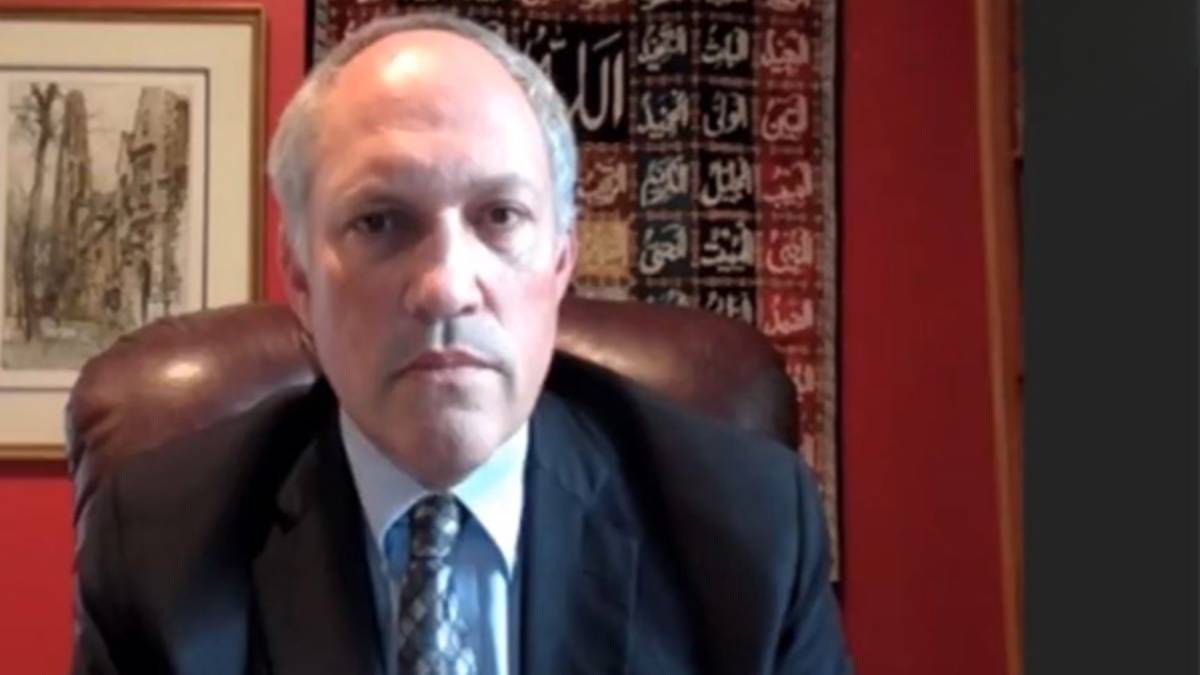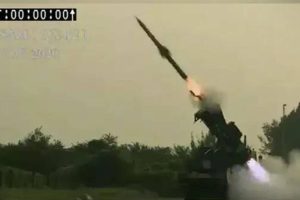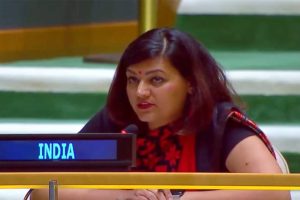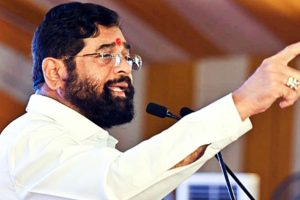In the aftermath of Operation Sindoor, former Pentagon official and senior fellow at the American Enterprise Institute, Michael Rubin, has lauded India’s response to Pakistani aggression, declaring that New Delhi emerged victorious both diplomatically and militarily. Speaking to ANI, Rubin said that India’s decisive action against terrorism has shifted the global narrative and left Pakistan “militarily shocked.”
India launched precision strikes on terrorist infrastructure in Pakistan and Pakistan-occupied Jammu and Kashmir (PoJK) on May 7, following the Pahalgam terror attack that claimed 26 lives. These strikes reportedly killed over 100 terrorists and were followed by Pakistan’s retaliatory aggression, which India swiftly countered by targeting Pakistani airbases.
Rubin highlighted the global focus on Pakistan’s role in sponsoring terrorism, pointing to the presence of uniformed Pakistani officers at the funerals of slain terrorists as evidence of institutional support for militancy. “India won this both diplomatically and militarily,” he said. “The world is now looking at Pakistan’s deep-rooted terror links. India has successfully changed the global conversation.”
On the military front, Rubin noted that Pakistan, despite initiating the conflict, suffered heavy losses and was quick to seek a ceasefire. “Pakistan lost very badly. It was like a scared dog running for a truce. The Pakistani military cannot spin this defeat. It’s not only a cancer on its own society, but also deeply incompetent,” Rubin asserted, questioning the leadership of Pakistan’s army chief, General Asim Munir.
He also emphasized that the conflict was not provoked by India, stating, “This wasn’t a war India wanted—it was forced upon them. Every nation has the right to defend its people, and India made it clear that it will not tolerate cross-border terrorism.”
Rubin acknowledged the behind-the-scenes diplomacy by the United States during the four-day conflict, saying it was standard for Washington to mediate quietly to prevent escalation, especially in a nuclear-armed context. Responding to former U.S. President Donald Trump’s claim that his administration brokered peace between the two nations, Rubin quipped, “Trump likes to take credit for everything… Indians should not take him literally.”
India’s Ministry of External Affairs reiterated its long-standing position that all issues related to Jammu and Kashmir must be addressed bilaterally with Pakistan. MEA spokesperson Randhir Jaiswal reaffirmed that the only outstanding issue is the vacation of illegally occupied Indian territory by Pakistan. He also clarified that while Indian and U.S. leaders discussed the military situation between May 7 and 10, trade was never part of those talks.
Jaiswal’s remarks came in response to Trump’s comments claiming that U.S. trade negotiations played a role in diffusing tensions. Trump told media that his administration prevented a potential nuclear conflict and facilitated a ceasefire between the two nations. “We stopped a nuclear conflict… and also helped with trade,” he said.
The ceasefire understanding between India and Pakistan was reached after Pakistan’s Director General of Military Operations (DGMO) reached out to his Indian counterpart. While hostilities have ceased for now, international scrutiny on Pakistan’s support for terrorism appears to have intensified, with India seen as having taken a firm and decisive stand.





